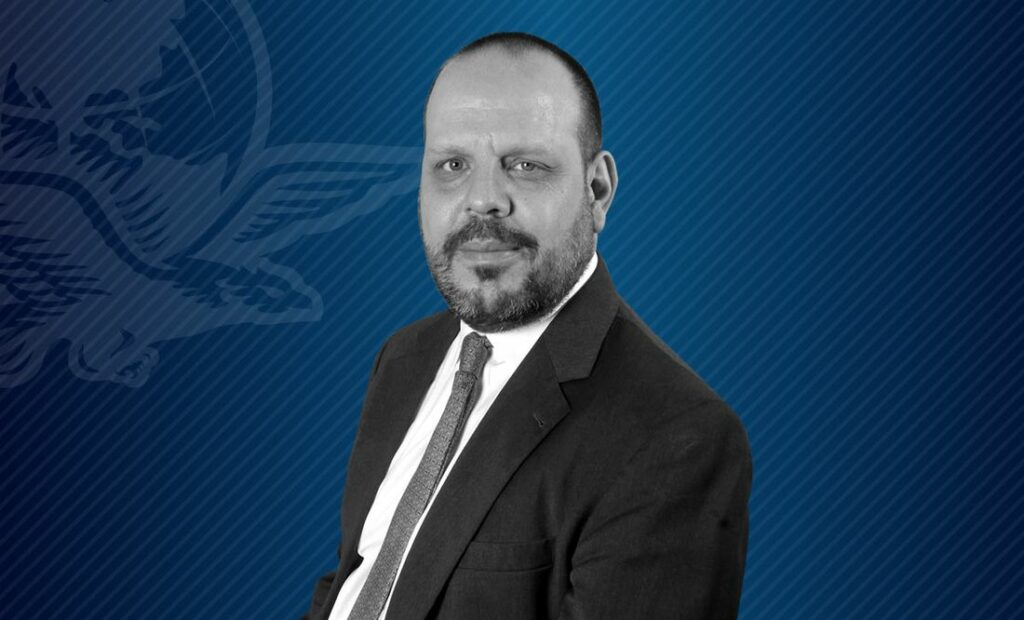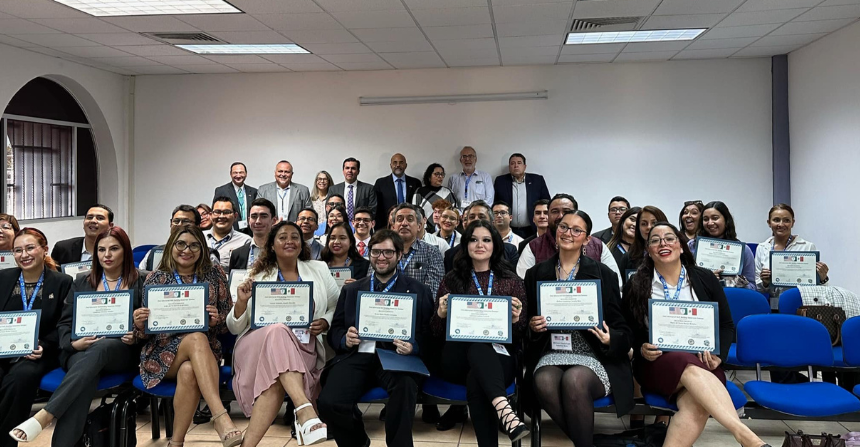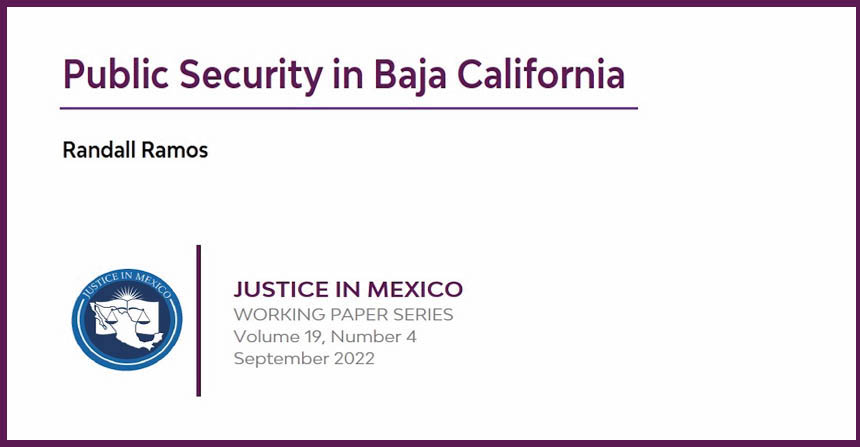
06/17/14 (translated by Mexico Voices) — As the group behind the “(Des)Arma México” [Disarm Mexico] initiative argues, the hottest places in hell are reserved for those who remain neutral in times of great moral conflict. Dante Alighieri’s famous saying illustrates what does happen and what is happening to us. Apathetic Mexico faced with violence. Passive Mexico faced with weapons that are produced for them. Paralyzed Mexico faced with a conflict that involves everyone, touches everyone, is everyone’s business. The inarguable fact that more weapons means more murder. And since the United States in 2004 ended the prohibition of the sale of assault weapons, the number of deaths is increasing. Exponentially. Brutally. Tragically.
By 2012 the increase in the percentage of firearm-related deaths since eight years before was already 178%. The number of murders tripled in the face of the authorities’ inability to react and the general population’s indifference. The number grew as a result of counterproductive public policy in the United States and a lack of governmental control in Mexico. This resulted in a lethal reality.
The University of San Diego calculated that since 2010 at least 235 thousand weapons have crossed the border from the United States, which has generated earnings of almost 127 million dollars for the weapons industry. And in each federal election, the National Rifle Association unloads around 20 million dollars to insure the continuation of the “riflebancada” [gun caucus]. These are the ones who pretend there’s no correlation between weapons and violence, those who favor special-interest groups over the public’s interest.
The problem is exacerbated by a government—that of Enrique Peña Nieto—that decelerated collaborations with the United States government as soon as trafficking of weapons was mentioned, according to a recent study from the [Woodrow] Wilson Center entitled U.S. Firearms Trafficking to Guatemala and Mexico. It’s contributed to by a Mexican administration that doesn’t seem particularly worried about halting the influx of AK-47s that grows day by day. In Arizona. In New Mexico. In Texas. In places where persecution of those who sell to illegal buyers is rare. In a country where carrying weapons is considered a constitutional right and not a threat to public peace, thus exporting the violence that usually accompanies the bearing of a weapon not used for hunting but rather to kill.

To kill policemen and members of the judicial system and members of the military and kidnapped businessmen. To contribute to the decision one criminal group makes to attack a rival, and, incidentally, to kill innocent victims in the crossfire. Carrying on in such a way that, in the last three years, of the 75 thousand weapons confiscated, 60 thousand have come from the United States. In such a way that Mexican criminal groups begin to penetrate a sphere typically occupied by terrorists, guerrillas or paramilitary members, according to the U.S. Firearms Trafficking to Mexico: New Data and Insights Illuminate Key Trends and Challenges report prepared by academics from the University of San Diego.
An unprecedented scene is being created, in which the directors of federal agencies are dying in addition to high-level politicians. And journalists and the public in general are added to the list. Like in Zapalpa, Sinaloa, where 60 drug traffickers killed the townspeople and destroyed the town. Like in Ciudad Júarez, where more than 60 thousand people have fled from their homes.
And the problem resides not only in the sale of weapons and their transportation from the North to South of the border. It also has to do with programs like “Fast and Furious” that sought to introduce weapons deliberately to Mexico with the supposed objective of tracking them. It also has to do with Obama’s government encouraging and allowing it, even though no one wants to publicly accept responsibility for it. And years before, the Bush administration with the program “Operation Wide Receiver” that involved hundreds of weapons bought by intermediaries and then channeled to Mexico. Initiatives based on the controversial idea of “letting the weapons walk.” They’re allowed to be illegally transported and used and dispersed, with damaging effects that the country suffers more every time.
Hundreds of police murdered. Thousands of civilians executed. Millions of Mexicans terrified. Before them, efforts to counteract the problem that have been only erratic and inconsistent. Responses from the Mexican government—like in the case of the “Fast and Furious”—that have been as skimpy as the quantity of weapons that the United States government confiscated at the border: only 6,688 in the period between 2005 and 2009. Official positions that haven’t been on top of the problem and that reveal the lack of political willingness to confront it beyond rhetoric. Beyond the words spoken by a president that doesn’t accompany them with actions. Beyond the image of collaboration cultivated by two governments that prefer the perpetuation of the status quo to a more aggressive attitude that would lead to political problems.
Even so, there are visions of hope. In April, 2014, a group of United States congress members sent a letter to Barack Obama demanding that he “prohibit the importation of military-type firearms.” They requested that he intervene politically and legislatively to stop a phenomenon that produces and exacerbates the violence in Mexico. And it is within this context that “(Des)Arma México” is born. It is a diverse, independent, purposeful initiative that seeks to join voices, and to link efforts. It seeks to create consciousness, to encourage action to decrease bullets and to increase focus on their impact. To measure the role that firearms play in the explosion of human tragedy that ravages the country.
And it is certain that the weapons aren’t the only factor behind the violence we witness and suffer. Therein lies the institutional weakness. There is the impunity. There is the counterproductive effect of different security operations launched by the current president and his predecessor. But the importance of the weapons can not and should not be underestimated. The ferocious weapons industry, as much as lethal organized crime, live on in the face of silence and indifference. For this, there is the moral imperative of breaking with both and denouncing that in the Mexican hell there aren’t many tridents, but yes, many AK-47s.
————————————-
This article is an English translation by Jillian Droste of Mexico Voices. The original Spanish article was written by Mexican political analyst Denise Dresser and published in Proceso.




